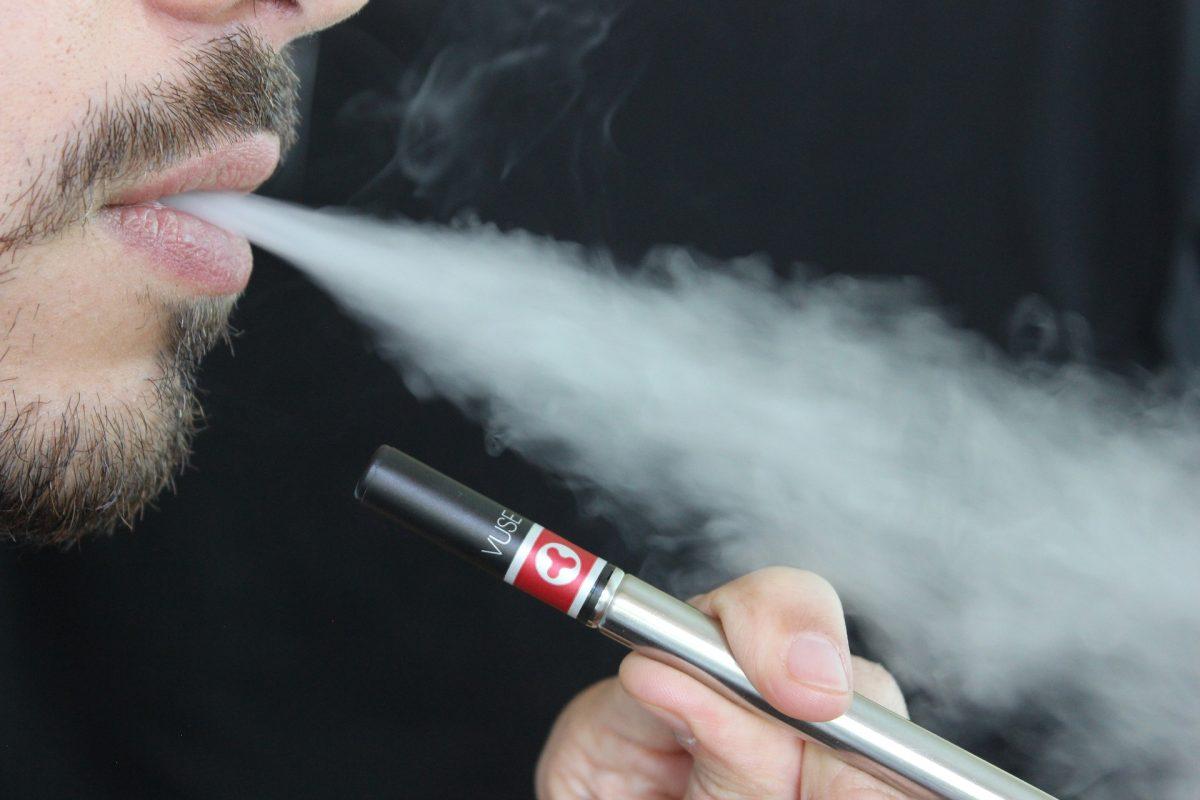As the use of e-cigarettes rises across the nation, the rates of severe lung illnesses and deaths related to these products rise in concurrence with their popularity.
Over 530 cases of severe lung illnesses, along with nine deaths, have been reported as results of e-cigarette use. The rate at which these instances occur is also sharply increasing, leaving officials scrambling for solutions to the issue.
The first state to take action against the dangers of e-cigarettes was New York, who enacted a ban on the sale of flavored e-cigarette products excluding menthol and tobacco flavors last Tuesday. Exactly one week after that, Massachusetes enacted a ban on all e-cigarette products that will last for four months.
According to New York Gov. Andrew Cuomo, the ban on e-cigarette flavors is “helping prevent countless young people from forming costly, unhealthy and potentially deadly life-long habits.”
Charlie Baker, Governor of Massachusetts stated that his temporary ban of all e-cigarette products, is to “allow state government and medical providers the time they need to understand the dangers (of e-cigarettes.)”
Not everyone believes that bans on e-cigarette products will do much to combat the issue. Freshman jazz studies major Skyler Kern believes that neither of these bans will accomplish much good.
“I don’t really think that bans are going to stop anything,” Kern said. “Someone will make something that just takes the place of them regardless of if it’s banned or not.”
It is no secret that e-cigarettes have been gaining popularity quite rapidly in recent times. The industry has grown to be worth an estimated 19.3 billion dollars, and over 41 million people are using these products. Both of these numbers have seen a steep increase in recent years, and show no signs of slowing down.
“I think they’re pretty popular,” said sophomore accounting major Patrick Walton. “There’s at least a few people in each class that have an e-cig. A year or two ago is when e-cigarette popularity sparked.”
A main factor in the rise in popularity of e-cigarettes among teenagers, is that they are often advertised as a more trendy and less risky way to smoke. One of the main culprits of this style of advertising is Juul, a company that currently makes up around half of the e-cigarette market.
In an attempt to combat the misleading marketing tactics that companies like Juul have been employing, the U.S Food and Drug Administration (FDA) has been trying to crack down on e-cigarette product sales to minors.
Recently, the FDA issued a warning letter to Juul, and the FDA’s Acting Commissioner Ned Sharpless stated that Juul has unlawfully marketed their product as having a “reduced risk,” without demonstrating “with scientific evidence that their specific product… is less harmful than other tobacco products,” and that “these statements were made directly to children in school.”
The FDA is not alone in this viewpoint, as many people, including freshman math major Liam Busch, have caught on to Juul’s unlawful marketing practices.
“I believe that Juul has made an effort to market to minors,” said Busch after being shown some of Juul’s previously run ads.
For comments/questions about this story, email [email protected] or tweet @TheWhitOnline.
























































































































































!["Working with [Dr. Lynch] is always a learning experience for me. She is a treasure,” said Thomas. - Staff Writer / Kacie Scibilia](https://thewhitonline.com/wp-content/uploads/2025/04/choir-1-1200x694.jpg)









































